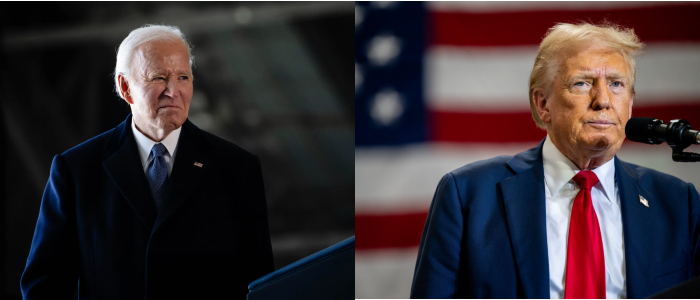Desperation has driven Rachel Reeves to consider what critics will claim are desperate measures to restore growth and rescue the national finances. The Chancellor reportedly backs opening Britain’s borders to young EU citizens so they can come here to live, work and study on a temporary basis. This would allow Brexiteers to say the Government is restoring freedom of movement by the back door – the last thing Sir Keir Starmer needs when the latest YouGov poll puts Reform UK on 25%, ahead of Labour (23%) and the Conservatives (20%).
But with growth forecasts slashed and borrowing for March hitting a colossal £151.9billion, the Treasury will look at any ideas to stop the economy flat-lining. Brussels is demanding a youth mobility scheme as part of the price for a closer relationship with the bloc.

Ms Reeves may calculate that the political pain that would come with introducing such a mobility scheme is worth paying if – as the Centre for European Reform argues – it could push GDP up around 0.4% and help clear away other obstacles to trade. She risks a row around the cabinet table if she makes the case for lowering the drawbridge.
Home Secretary Yvette Cooper is reportedly opposed to allowing the new arrivals to stay for more than 12 months; she – like Labour MPs in Red Wall seats – understands that the nation’s sky-high migration numbers are a potent issue on the doorstep at election time. Major negotiations with the EU will take place next month and there will be howls of fury if Sir Keir is seen to sell-out the nation. His Government will come under fire if it signs up to common standards with the EU on fresh meat and dairy products and continues to allow European fishing vessels into British waters.
Allowing new waves of short-term workers from the EU would trigger further accusations that Brexit is being unwound on his watch. The PM and his team know how damaging this could prove at a time when Nigel Farage is holding rallies across the country and commanding the airwaves. But they may decide it is a storm worth weathering.
Labour strategists can make the argument that the next general election is a very long way off. When voters do go to the polls they will cast their voters according to whether or not they feel better off under Labour. Right now, with President Trump unleashing tariffs and igniting trade wars and borrowing costs far surpassing expectations, this is a time of economic peril.
The occupants of Downing Street may well conclude they cannot spurn any option which could restore a modicum of jobs-saving growth. Their biggest worry will not be that voters think they have whittled away Brexit freedoms. Rather, they will fear their tax raids and rhetoric since the election are blamed for weakening Britain in an hour of danger.
.
Politics

Rachel Reeves ready to lower drawbridge to Europe's youth

The EU is demanding a youth mobility scheme as the price of a closer relationship with the bloc















